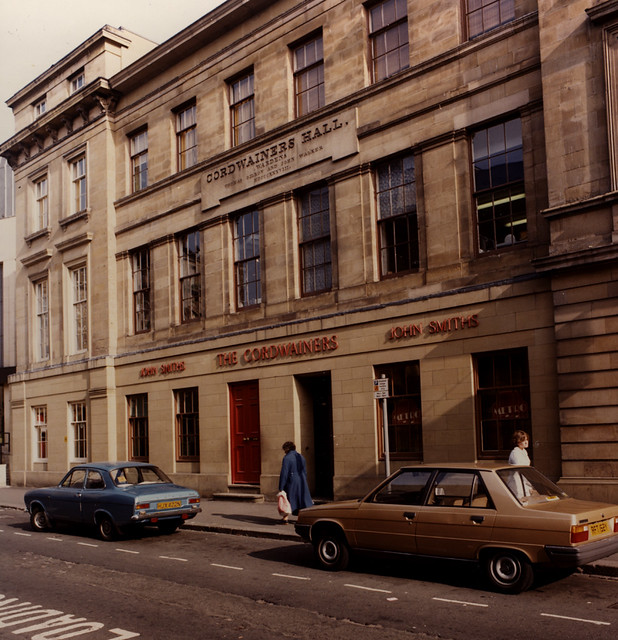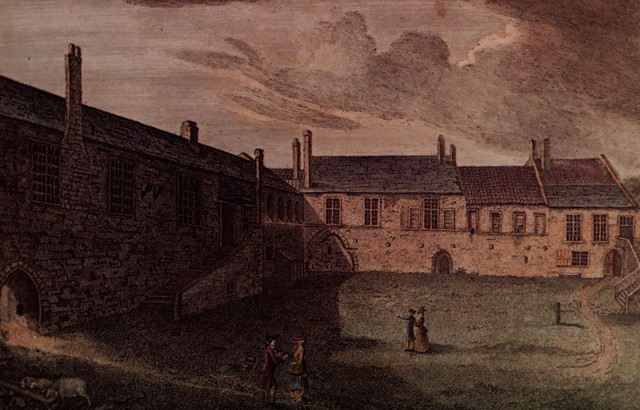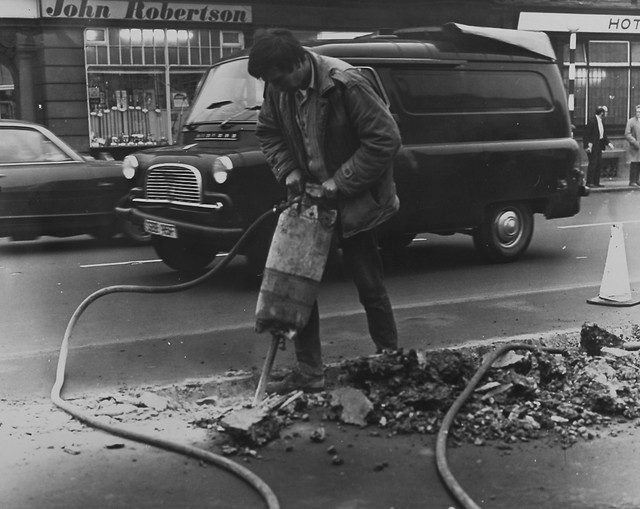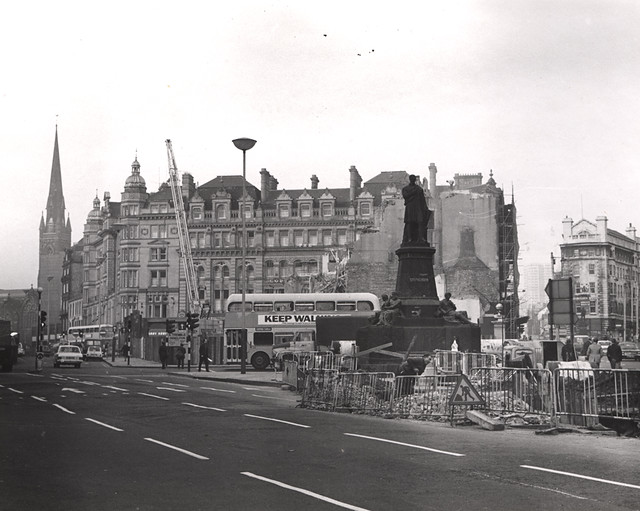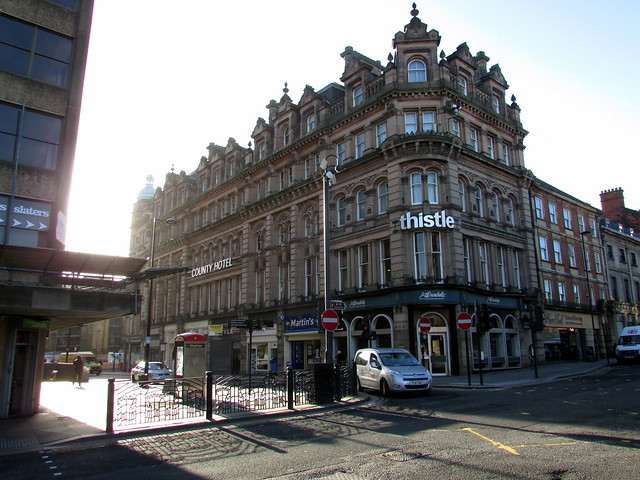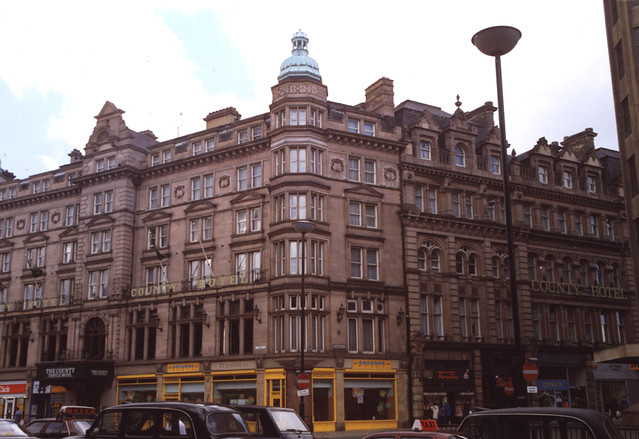Topics > Industry and Work > Shoe Making > Cordwainers Company of Newcastle Upon Tyne
Cordwainers Company of Newcastle Upon Tyne
A cordwainer is somebody who makes shoes and other products from soft leather. The Cordwainers Company of Newcastle Upon Tyne was incorporated in in c. 1439 (though earliest documentary evidence is an ordinance of 1566). The Cordwainers guild had a meeting place at Blackfriars Friary after the friary was closed with the Dissolution of the Monasteries by Henry VIII. In 1838 a new Cordwainers Hall was built on Nelson Street, beside the Grainger Market. At the time the new Hall was built the guild had 95 members and had become a largely a ceremonial and social organisation, which still exists today.
Extract from: Eneas Mackenzie. A Descriptive and Historical Account of the Town & County of Newcastle-upon-Tyne, Including the Borough of Gateshead. Mackenzie and Dent, 1827.
CORDWAINERS
The company of Cordwainers was incorporated in the 17th [year of] King Henry VI [c.1439]. as appears from a board hung in their hall, having their arms on it, and under them the following inscription:-"Compy Cordwainers incorporated 17th K. Henry VI. confirmed by King Philip and Queen Mary, reconfirmed by Queen Elizabeth & lastly by King James 1st." The ordinary of this society is signed by 31 brethren, dated December 17, 1566; mentions their meeting-house in the lately dissolved monastry of Black Friars; enjoins that every apprentice should serve ten years, five of which to be expired before a second could be taken; and that foreigners might be admitted into the company on payment of £5, one half to go to the fellowship, and the other to the reparation of Tyne Bridge. The society, in 1690, met on the head-meeting day, on Forth Hill. This custom ceased on their repairing their late hall, at the foot of the Old Flesh Market. They obtained the first lease of this building, then called "The House of Charitie," of the corporation of Newcastle, A. D. 1668.
The company is in possession of a grant from the common council, dated June 2, 1617, stating that, "divers persons, for years, under colour of exercising the trade of a cobler, who should only mend old shoes that are brought to them to be mended, do buy great numbers of old shoes mended and made fit to be worn at London and elsewhere, and cause them to be brought to Newcastle upon Tyne, and in the coblers' houses, and in the market within the said town, sell them to the best advantage, whereby the fraternity of Cordwainers of Newcastle aforesaid is much impoverished." The common council then proceeds to empower the stewards to fine the aforesaid "coblers," for the preservation of their "antient customs, rights, and privileges."
About the years 1712 and 1728, the brethren of the company appear to have been in the practice of several of them joining together, as "Sharers," in purchasing their leather, and dividing it afterwards; as appears by an old book, entitled, "The Company's Sharers' Book."
In 1748, the company allowed twelve persons, by a grant from them, called the "Coblers' Bond," to follow the trade of coblers, "so long as they quarterly pay to the said company sixpence a piece," and also to follow the trade, "save only in a bulk."
When the Cordwainers' old hall, near St. Nicholas' church, was pulled down by order of the corporation, that body voted the sum of £200 to the company, as an equivalent. Their present meeting-house, or hall, and leather-market, in the High Bridge, were in consequence built, and in which they held their first meeting on August 25, 1794. It is a neat, plain stone building. A stone in the front contains the following inscription:- "This hall and leather warehouse were built at the expense of the company of Cordwainers, Anno Domini 1794. William Yielder, Esq. mayor; Henry Joseph Hounson, Esq. sheriff. John Tallintyre, John Ratcliffe, stewards. Building committee, Benj. Brunton, Jon. Stevenson, Robt. Widdrington, Thomas Fenton, Robt. Young, William Burn." This company has always firmly opposed the encroachments of power. A large board, hung in their hall, commemorates the decision obtained against the magistrates on August 10, 1773, to show posterity "that oppression's iron hand ought ever to be legally resisted." From the year 1566, to July, 1825, there were 530 persons admitted to the freedom of this company. The present number of members is 92; and the annual income of the company, on the average of the three last years, is £220.
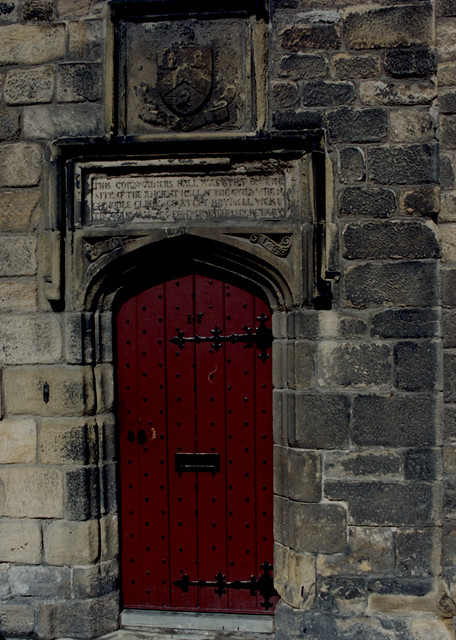
from Newcastle libraries (flickr)
061443:Blackfriars Friary Newcastle upon Tyne Maybury Malcolm 1995
Pinned by Simon Cotterill
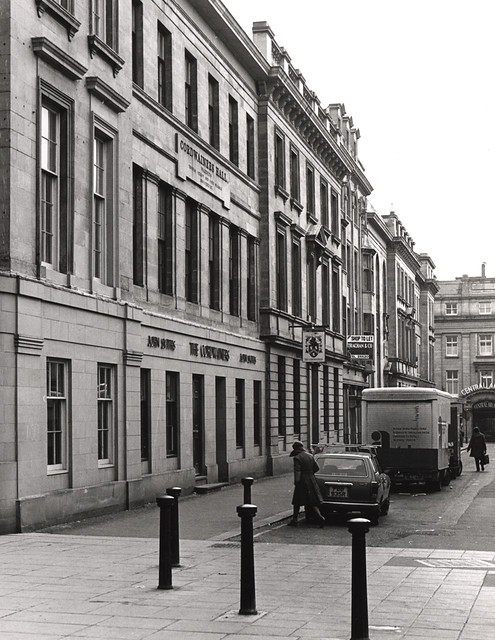
from Newcastle libraries (flickr)
037684:Nelson Street Newcastle upon Tyne City Engineers 1978
Pinned by Simon Cotterill
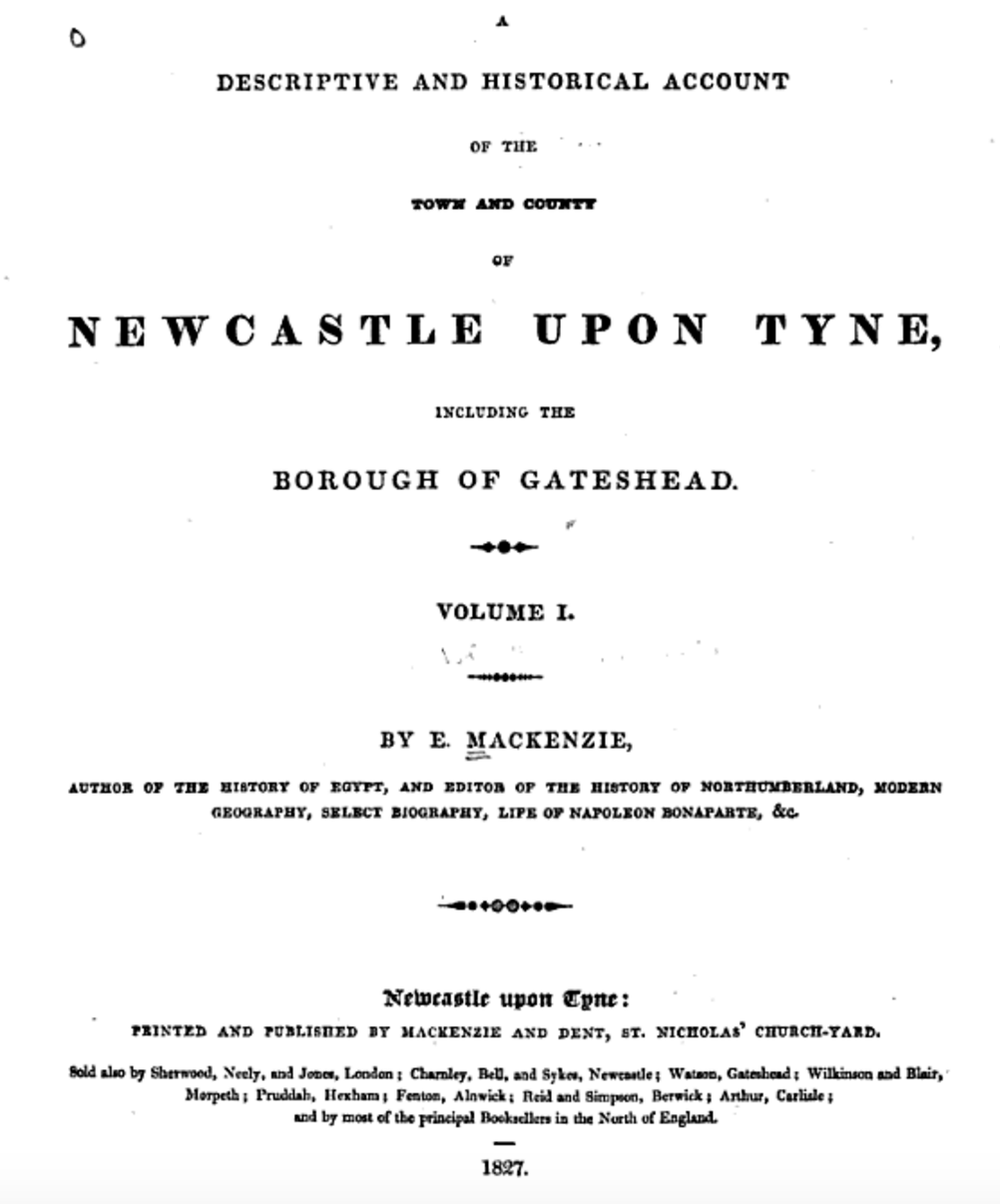
from https://books.google.co.uk/bo…
A Descriptive and Historical Account of the Town and County of Newcastle Upon Tyne: Including the Borough of Gateshead. Eneas Mackenzie, 1827.
- Digitised Google eBook.
Added by
Simon Cotterill
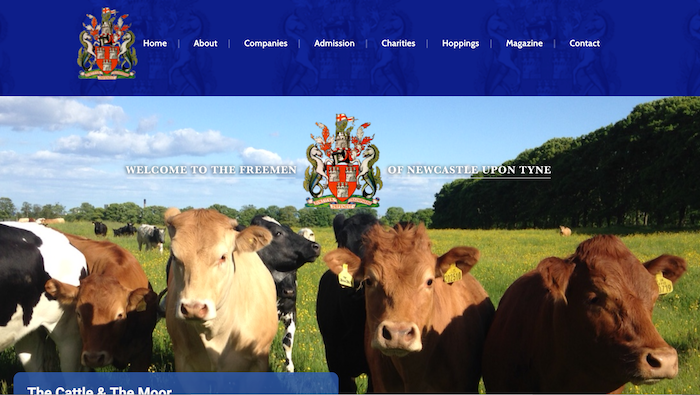
from http://freemenofnewcastle.org…
The Cordwainers Company of Newcastle Upon Tyne
- "A cordwainer (or cordovan) is somebody who makes shoes and other articles from fine soft leather. The word is derived from “cordwain”, or “cordovan”, the leather produced in Cordoba, Spain. …
Added by
Simon Cotterill
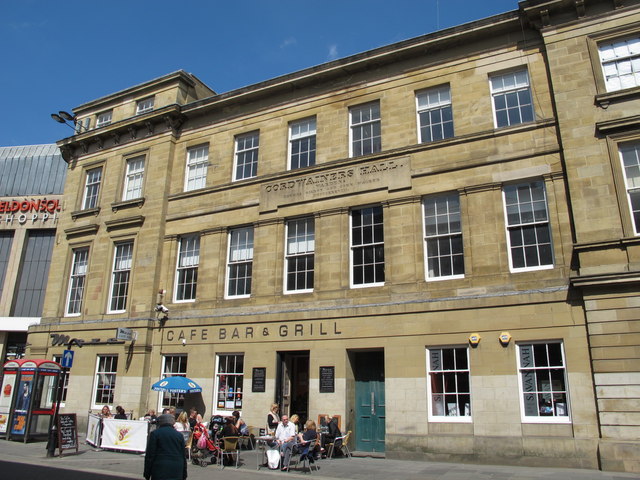
Co-Curate Page
Cordwainers Hall
- Overview Map Street View The former Cordwainers Hall on Nelson Street, Newcastle, was built in 1838 as a meeting hall for the Cordwainers Company (shoe maker's guild).[1] It was built by …


from Newcastle libraries (flickr)
061443:Blackfriars Friary Newcastle upon Tyne Maybury Malcolm 1995
Pinned by Simon Cotterill

from Newcastle libraries (flickr)
037684:Nelson Street Newcastle upon Tyne City Engineers 1978
Pinned by Simon Cotterill

from https://books.google.co.uk/bo…
A Descriptive and Historical Account of the Town and County of Newcastle Upon Tyne: Including the Borough of Gateshead. Eneas Mackenzie, 1827.
- Digitised Google eBook.
Added by
Simon Cotterill

from http://freemenofnewcastle.org…
The Cordwainers Company of Newcastle Upon Tyne
- "A cordwainer (or cordovan) is somebody who makes shoes and other articles from fine soft leather. The word is derived from “cordwain”, or “cordovan”, the leather produced in Cordoba, Spain. …
Added by
Simon Cotterill

